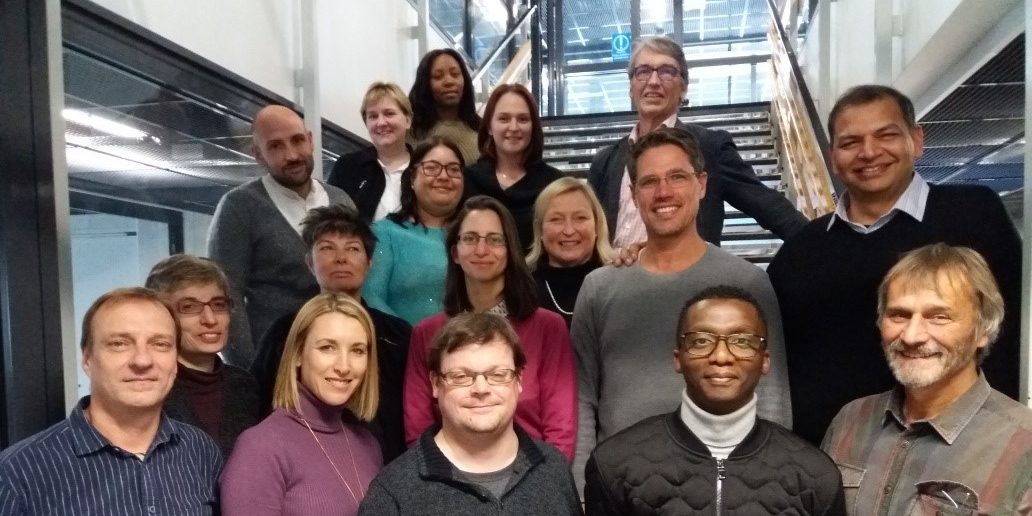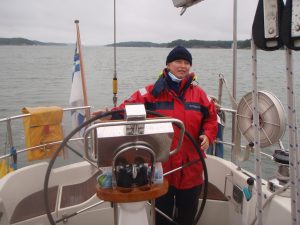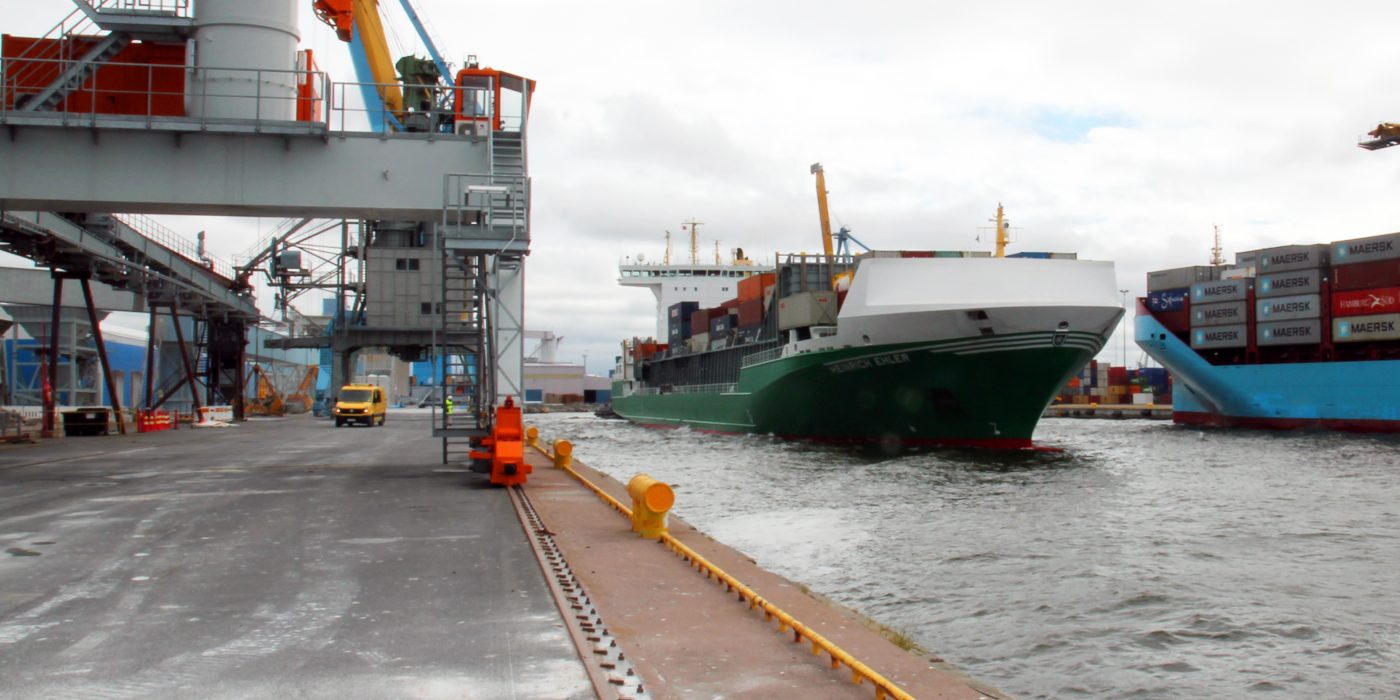A cooperation project to develop maritime education in South Africa
Maritime education is controlled by the STCW (Standards of Training, Certification and Watchkeeping for Seafarers) Convention laid down by the International Maritime Organization (IMO). The convention requires that the training, certification, and quality system of each country should be approved by the IMO, based on independent evaluation.

On the evaluation basis, the educational institutes organizing maritime education should have the quality systems and methods in place to provide education that, at the very least, fulfils the quality criteria of the convention, and the institutes should fulfil the requirements of the convention.
SAMK (Satakunta University of Applied Sciences) is involved in a cooperation project to develop maritime education in South Africa, whose universities are aiming to raise the standard of their education to equal that in Europe. The objective is to partner with European universities and to achieve the STCW Convention quality criteria.
– It has a direct effect on graduating students as to whether their institute has been audited and is STCW-approved. If they aim to find employment on an international vessel, they should have the right qualifications, says Meri-Maija Marva, Training Manager in Logistics and Maritime Technology at SAMK, and Project Manager of the cooperation project.
– Partnering with other entities offers a great opportunity for cooperation, internationalization and for improving knowhow. The door is then open, for example, for student, teacher and specialist exchanges.
Comparison, evaluation, and research
Six institutes are involved in the project, three of which in Europe and three in South Africa.
– When selecting the European universities, we wanted to choose partners from different geographical areas. Our partners are Hochschule Wismar in Germany, and Southampton Solent University in the UK. There are several maritime education institutes in South Africa. The selection criterion was that the institute joining the project should be of university level, Marva adds.
During the project, the present status and the existing curricula of the institutes joining the project were evaluated, and a comparison was made of the curricula of all candidate institutes. An evaluation study was made of the pedagogical teaching processes, with the aim of clarifying the learning processes each of the educational organizations have in place.
– There has been much discussion, evaluation and research into how the different learning processes work here in Finland, in Germany and in England, and what the situation is in the South African institutes. It is important to share this data and reflect upon it, states Marva.
The project has also given the institutes in South Africa the opportunity to update their learning environments.
– Maritime education is controlled in a highly regulatory way. The STCW standard of the roof organization, the IMO, controls the type of teaching facilities and equipment, and the competence of the teaching staff. Thus it is important that, in addition to pedagogical competence and curricula, the teaching and learning environments are of the required standard, Marva affirms.
Corona has affected the progress of the project
Due to the pandemic, an application has been submitted to extend the duration of the project. The partners have not actually seen each other face-to-face since fall 2019.
– Cultural and developmental differences become more evident in times of crisis. There have been several lockdowns in South Africa since that start of the pandemic, and during those lockdowns our partners have not been able to work on campus. Not everyone in South Africa has an internet connection at home, so at times it has been impossible to be in contact via the net, Marva explains.
Despite the challenges, the project is well underway. The curricula have been evaluated and a reference platform has been created. The next stage is to compare results and reflect upon them.
– The project has been interesting for both sides, and we have had a lot to contribute to each other. Our evaluation visits to South Africa have given us the opportunity to become acquainted with different learning environments. Durban is the busiest port in South Africa, but there is still plenty of room for improvement in the learning environment at Durban University of Technology (DUT). Fortunately, we have been able to help in that direction through our project, says Marva.
 Who? Meri-Maija Marva is Training Manager of Logistics and Maritime Technology at SAMK. She has a long career at SAMK in many different capacities. Meri-Maija worked as a lecturer in Business and Logistics for ten years and as Manager of Continuing Education at SAMK for fifteen.
Who? Meri-Maija Marva is Training Manager of Logistics and Maritime Technology at SAMK. She has a long career at SAMK in many different capacities. Meri-Maija worked as a lecturer in Business and Logistics for ten years and as Manager of Continuing Education at SAMK for fifteen.
Meri-Maija loves nature, and sailing has also been a favourite pastime – she is a former racing sailor and was a member of the first Finnish national-level women’s offshore sailing team.
– I competed in sailing events for seven years. Offshore sailing is a hard sport. You could call it the marathon of the sailing world, says Marva.
Meri-Maija is as at home on the ski slopes as she is on the sea.
– I love the Arctic nature. If the opportunity arose to be involved in an Arctic maritime project, I would jump at the chance, says Marva enthusiastically.

